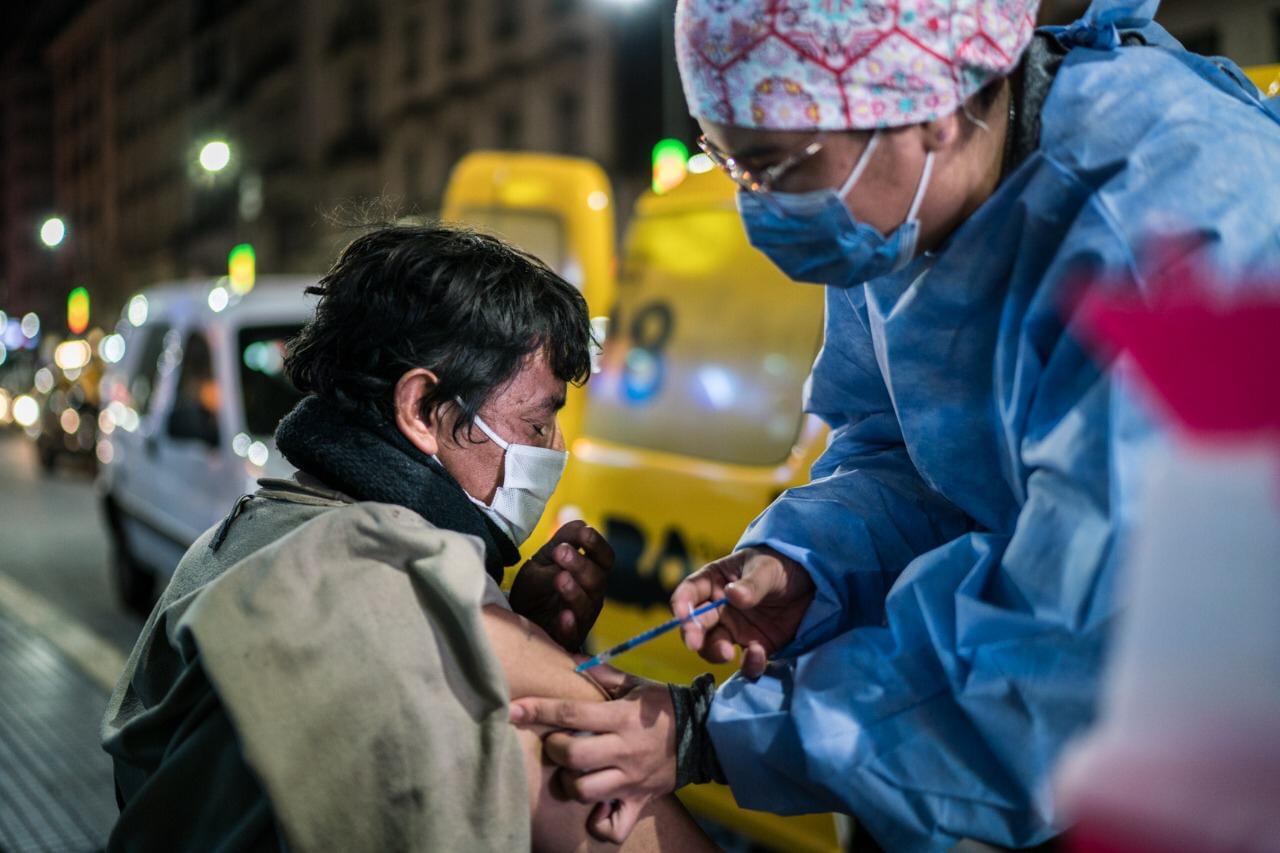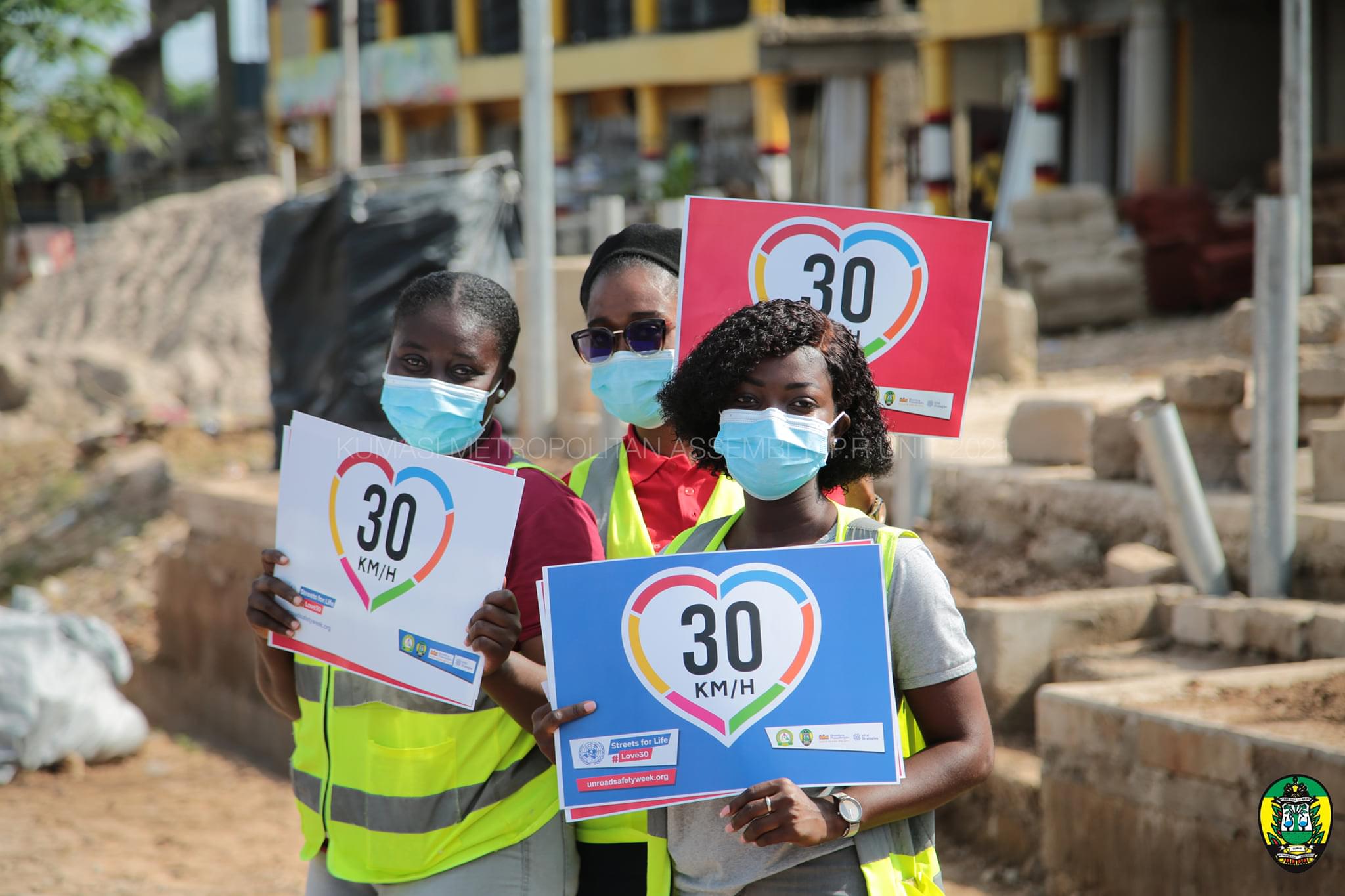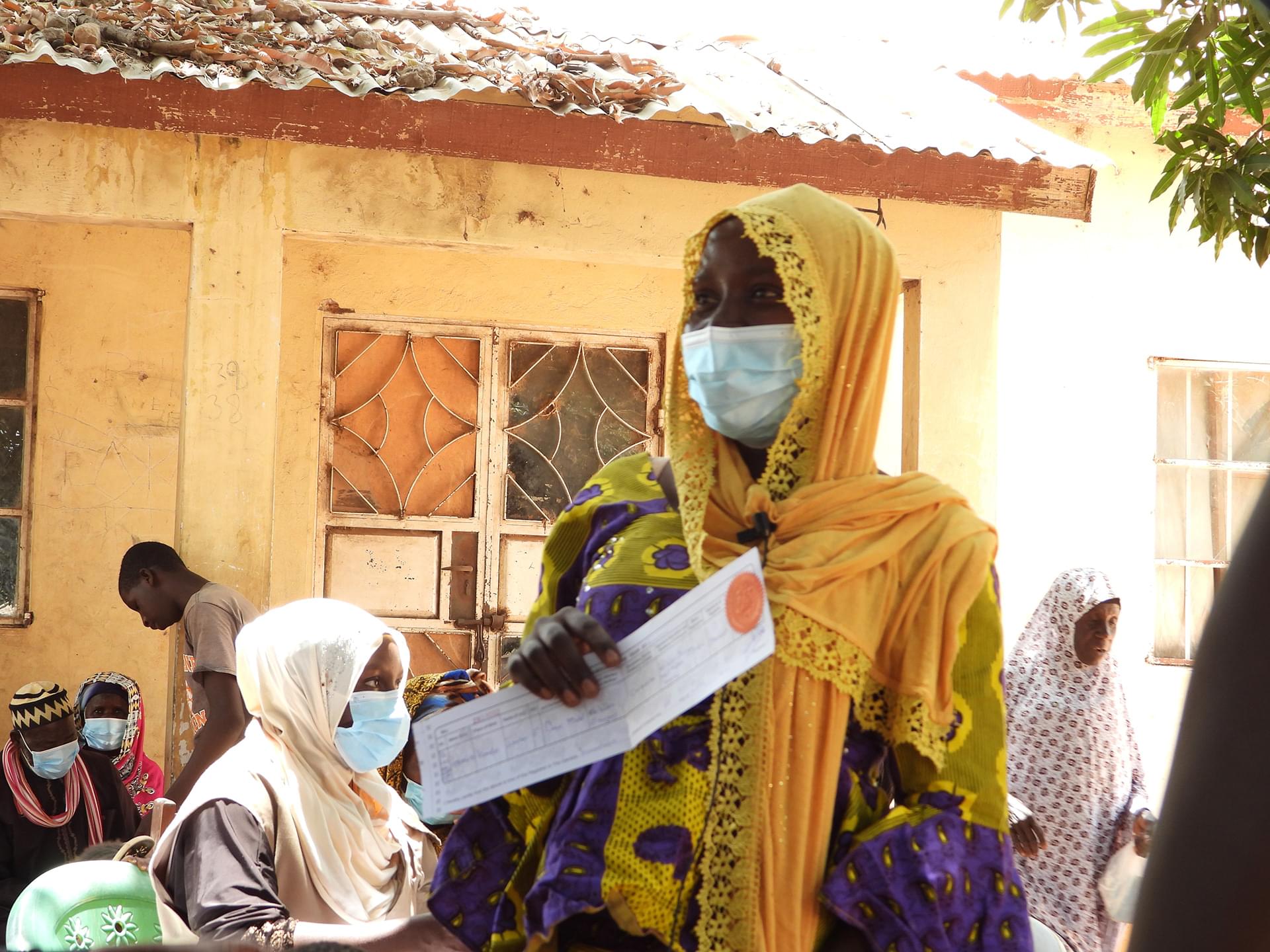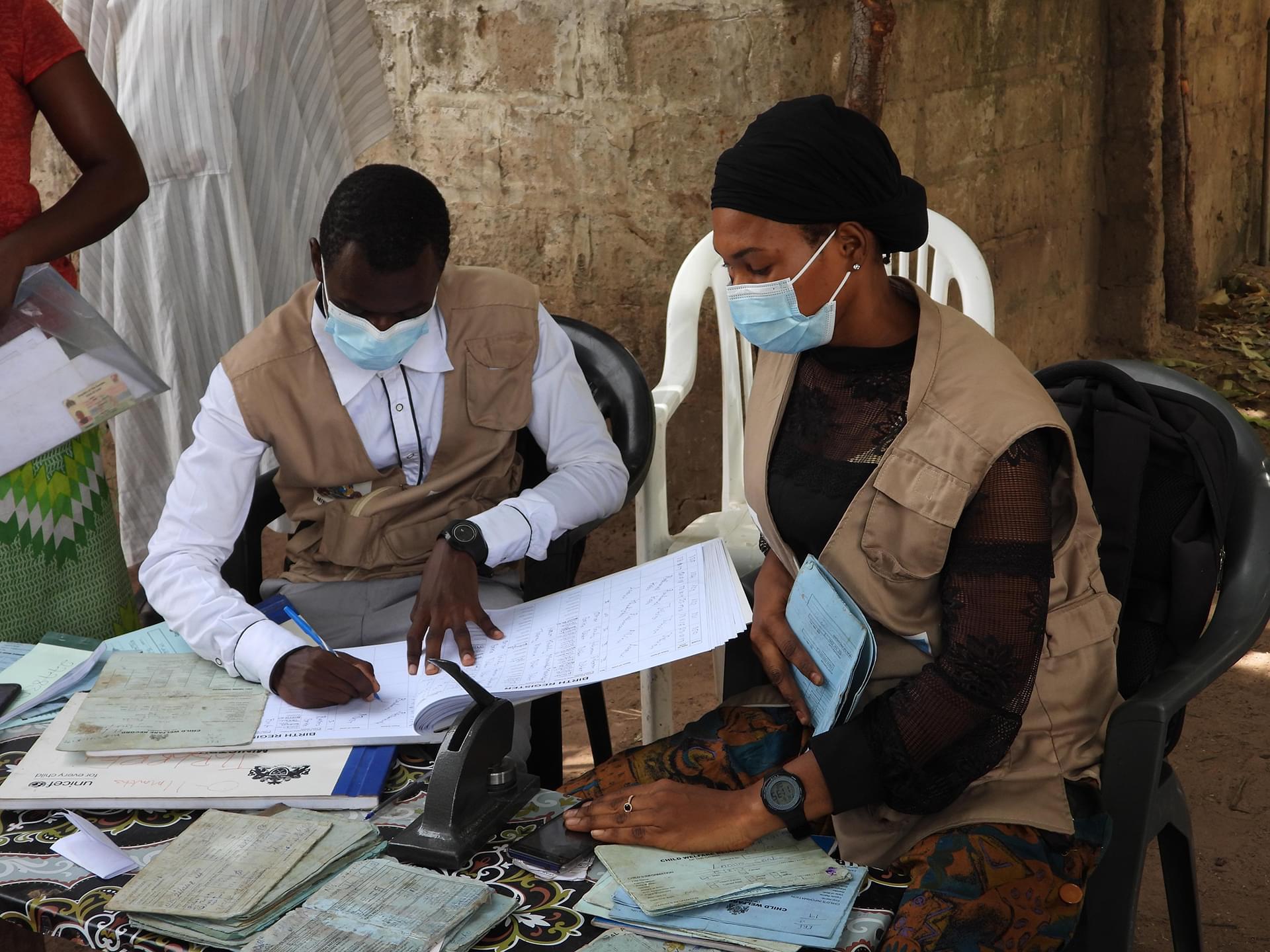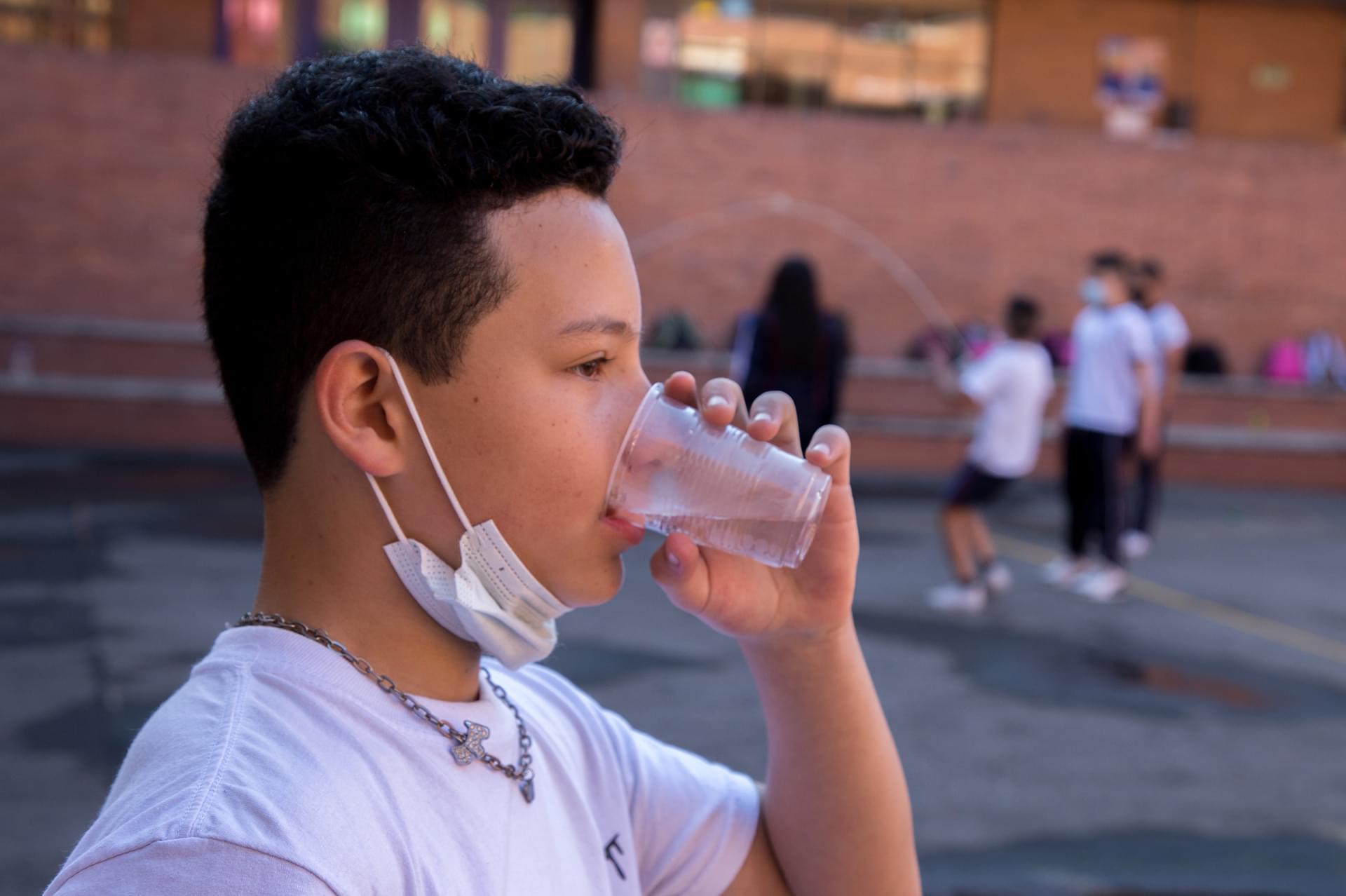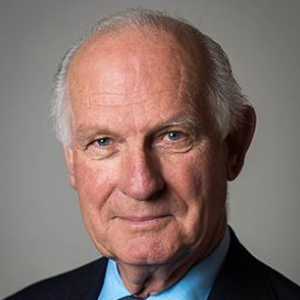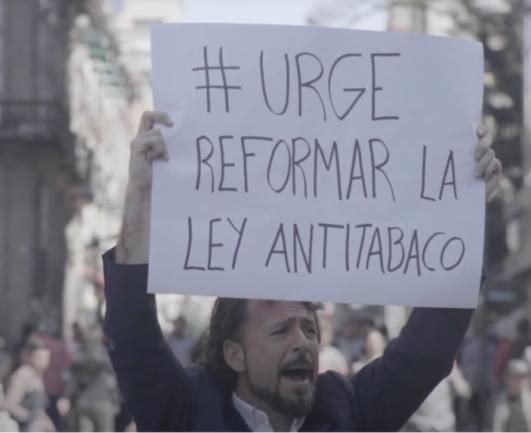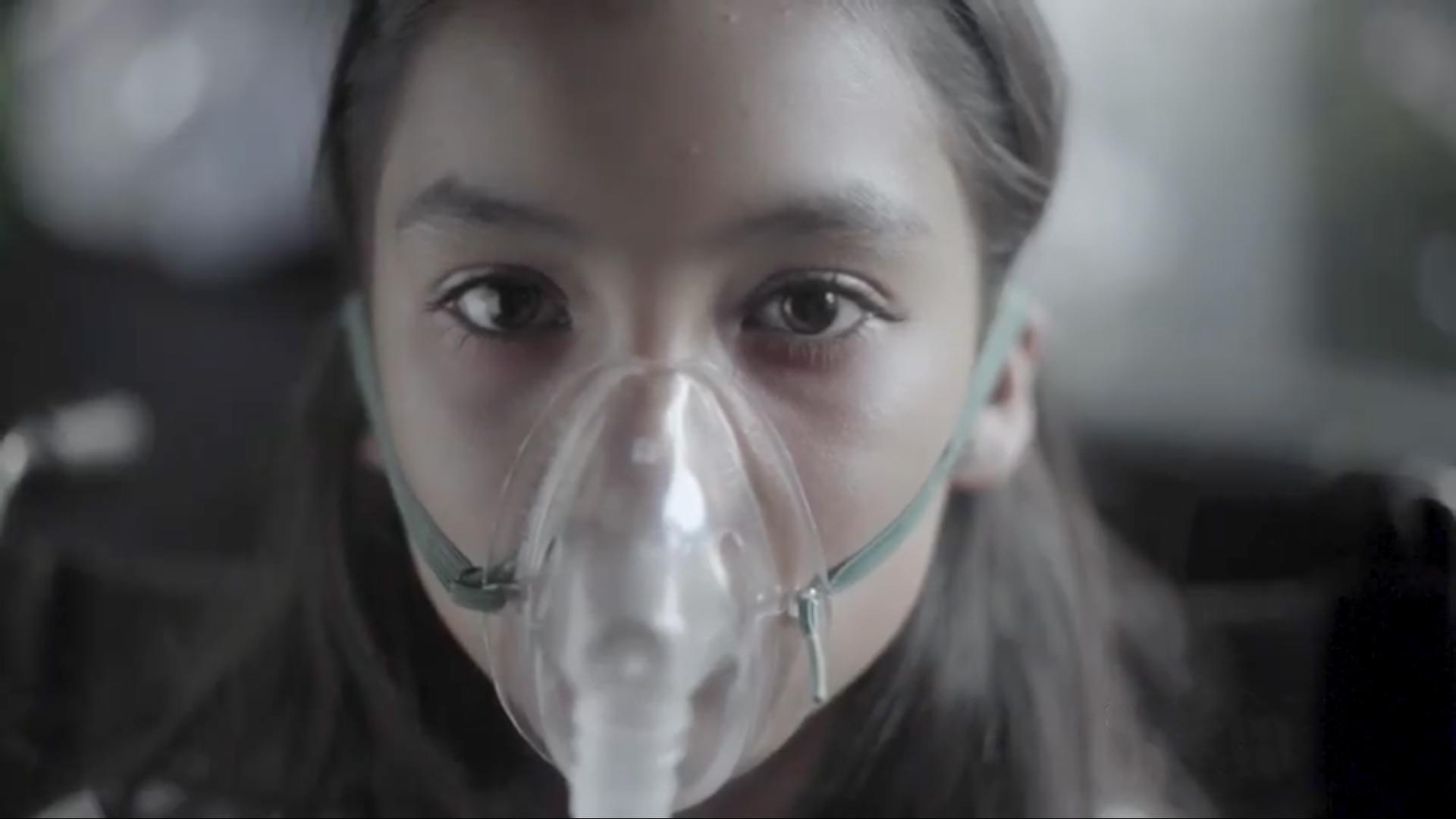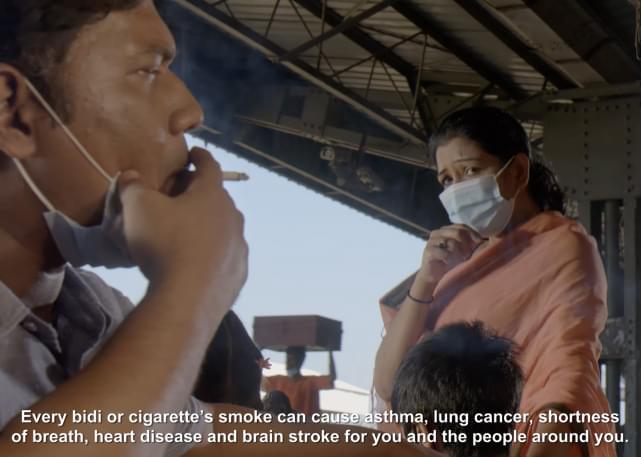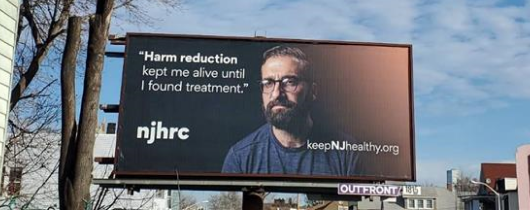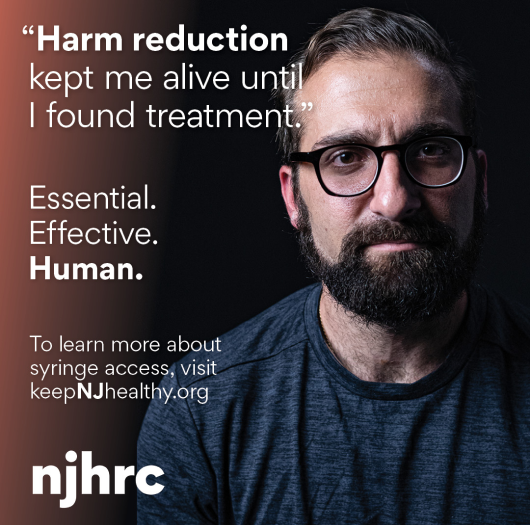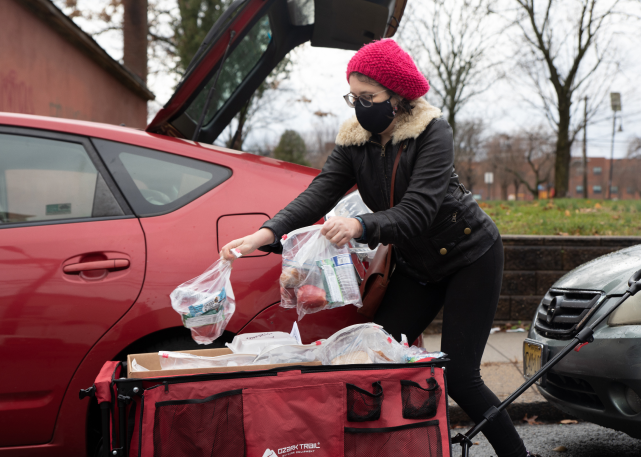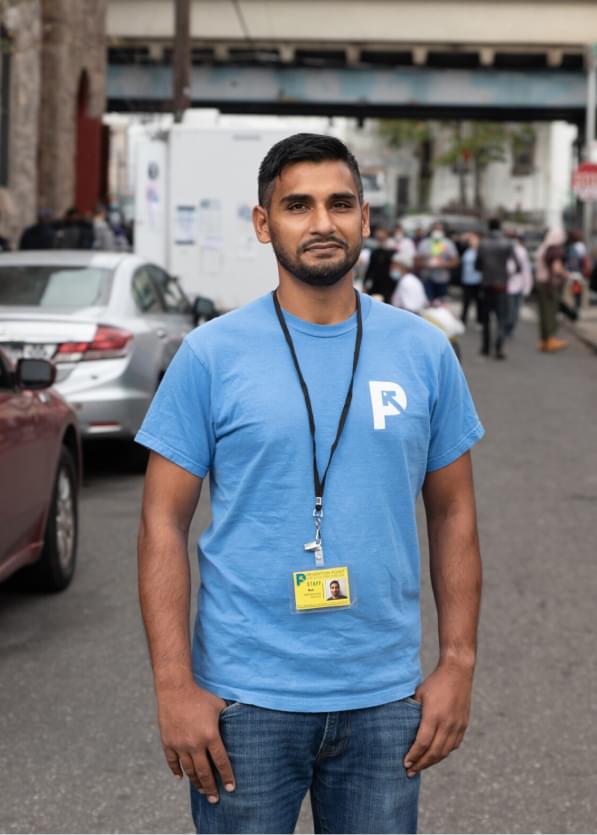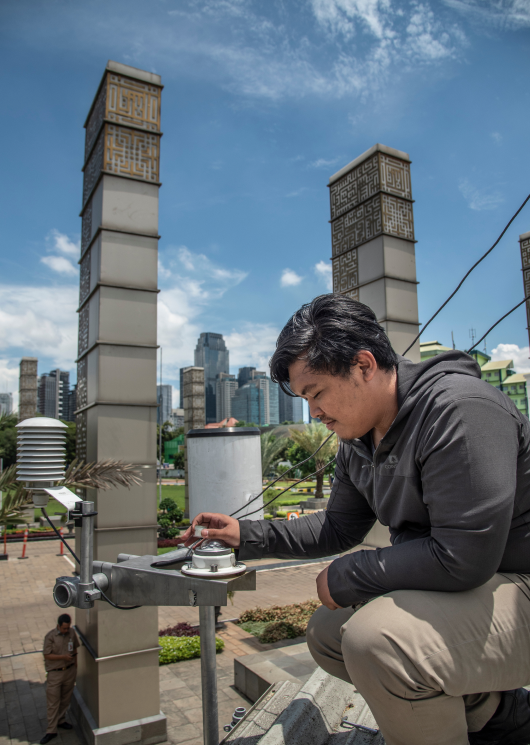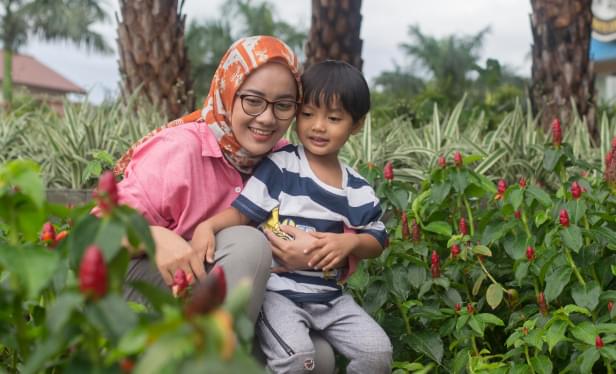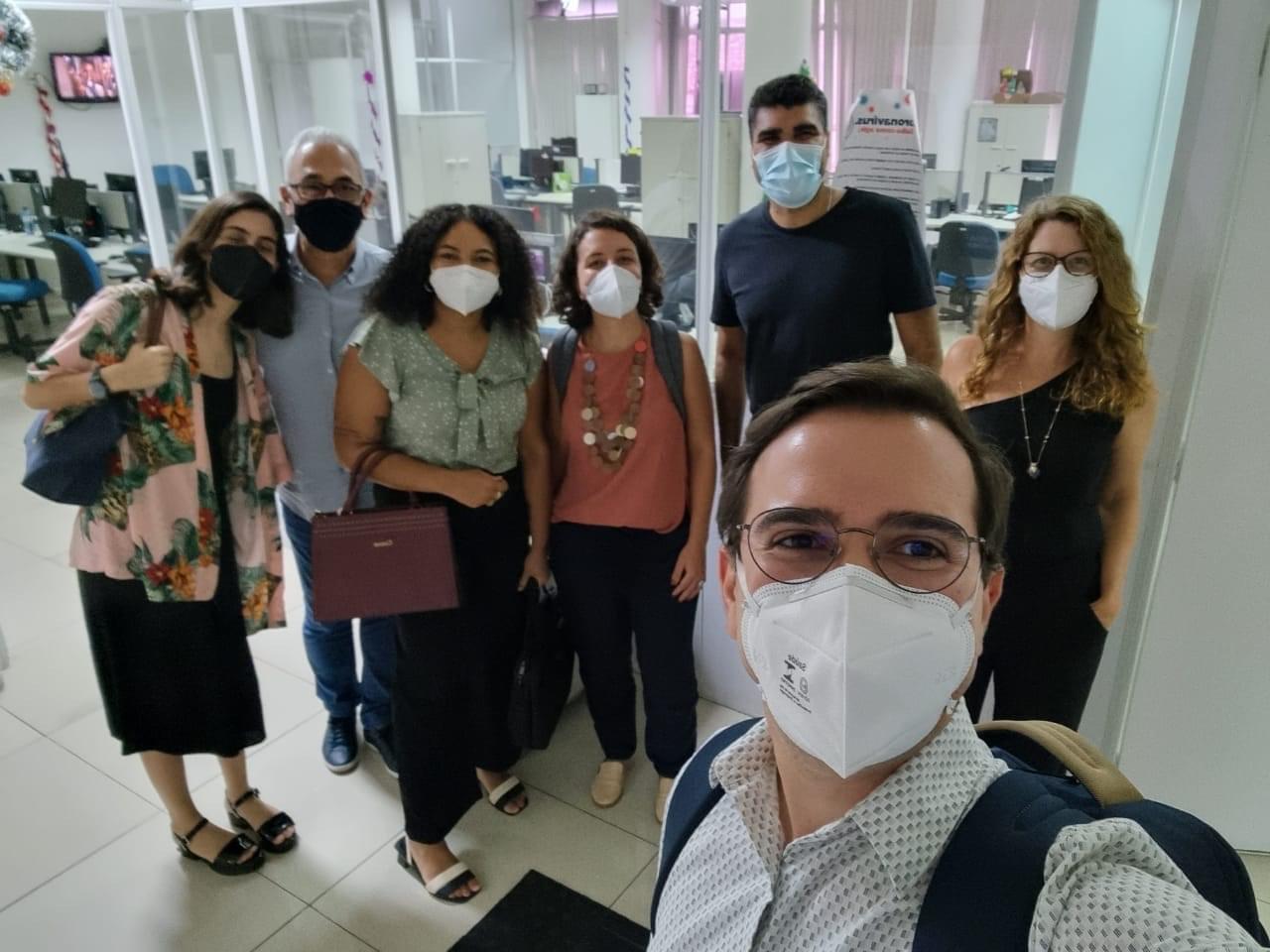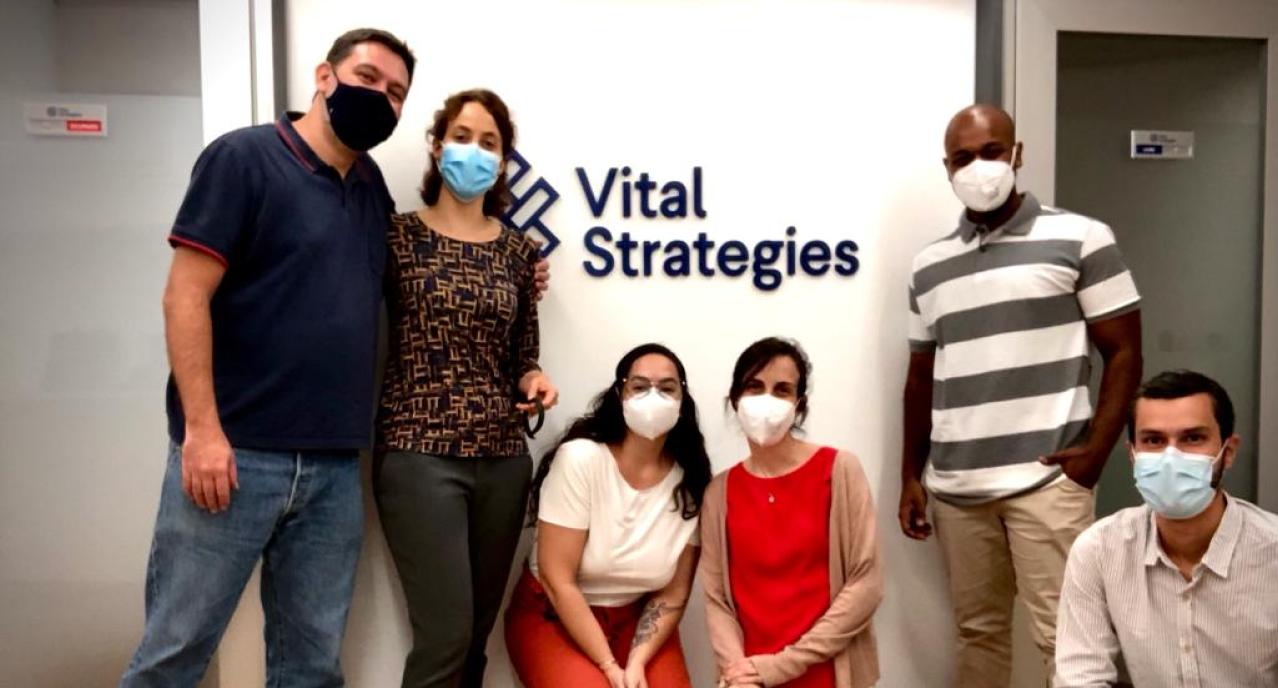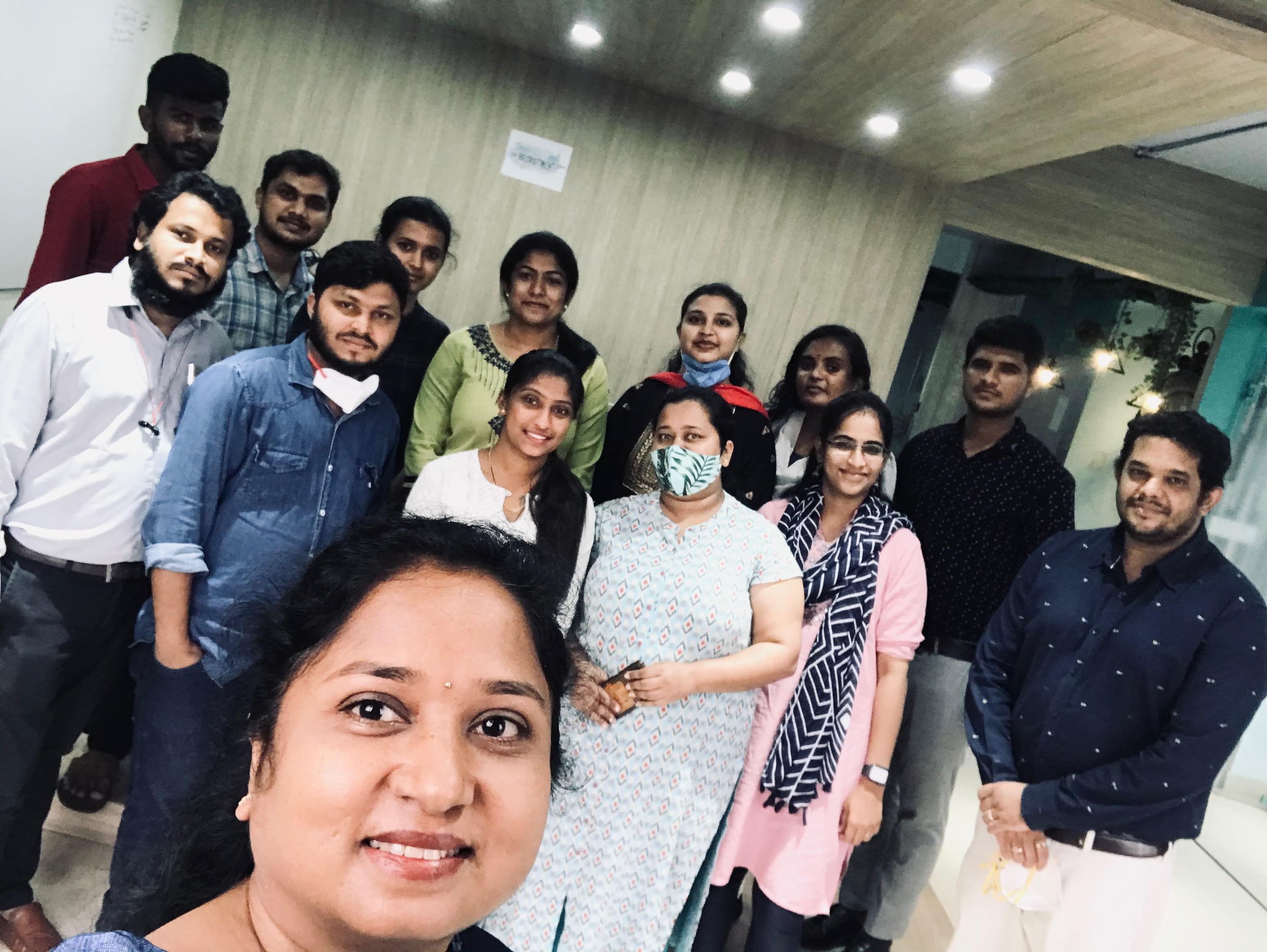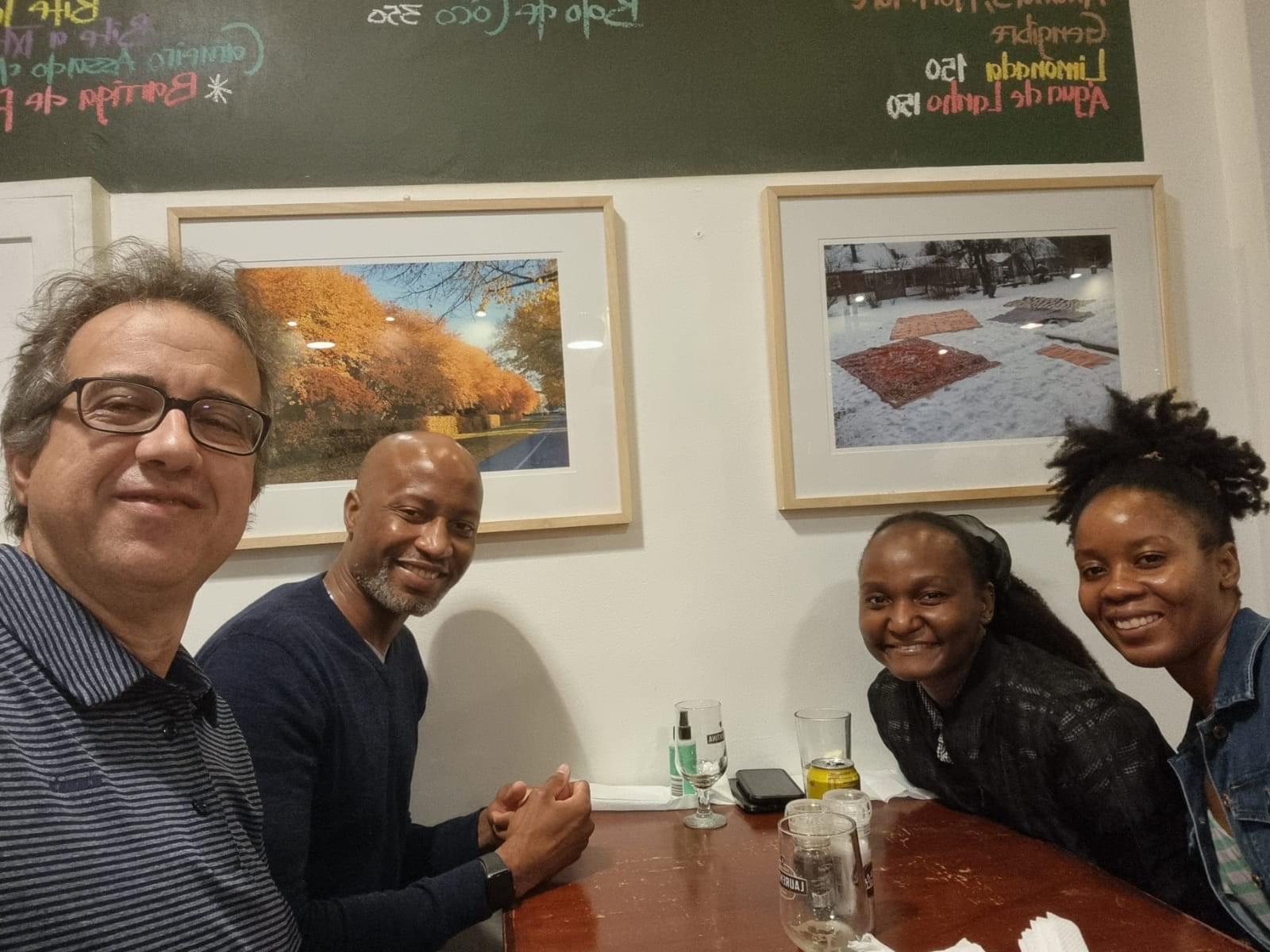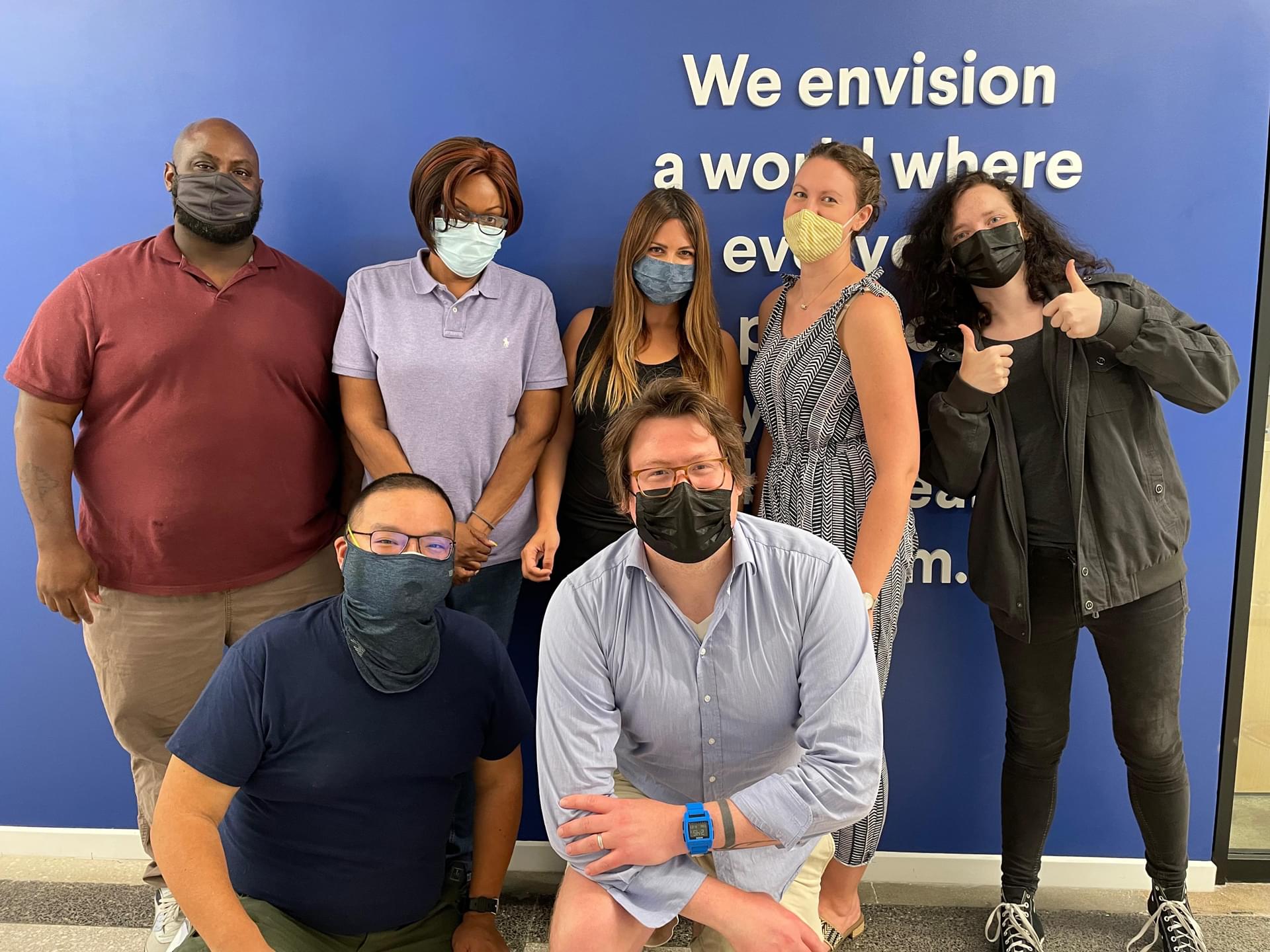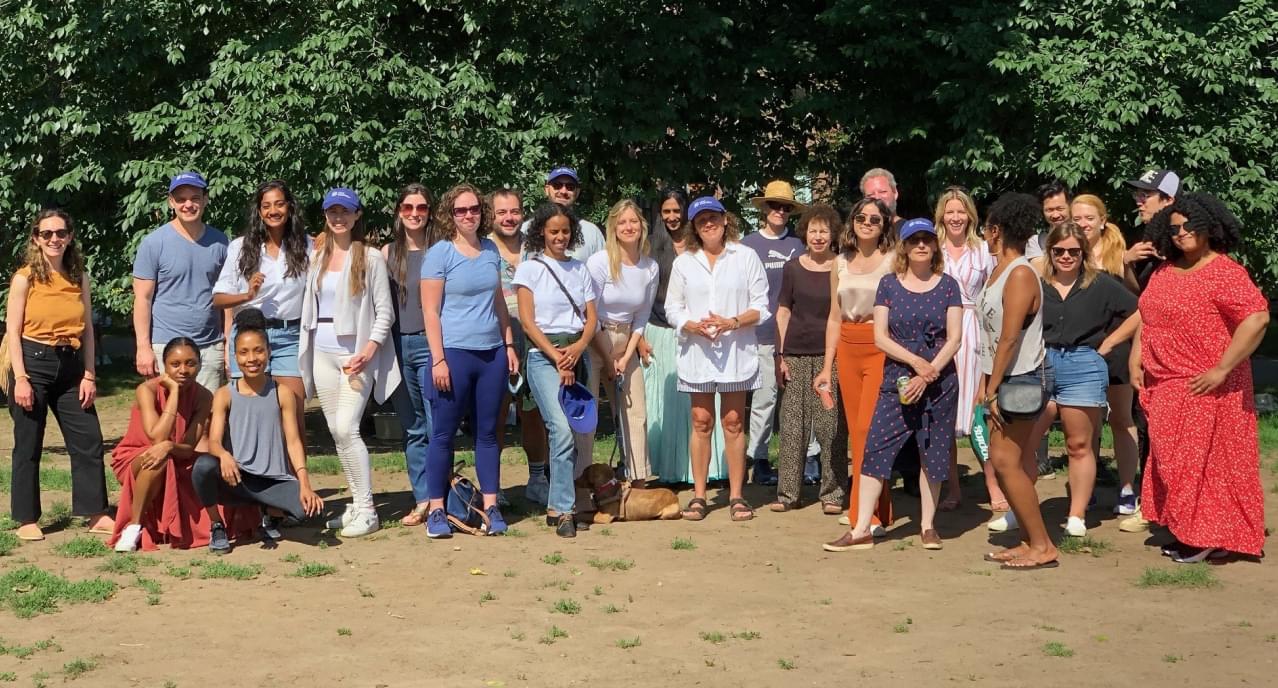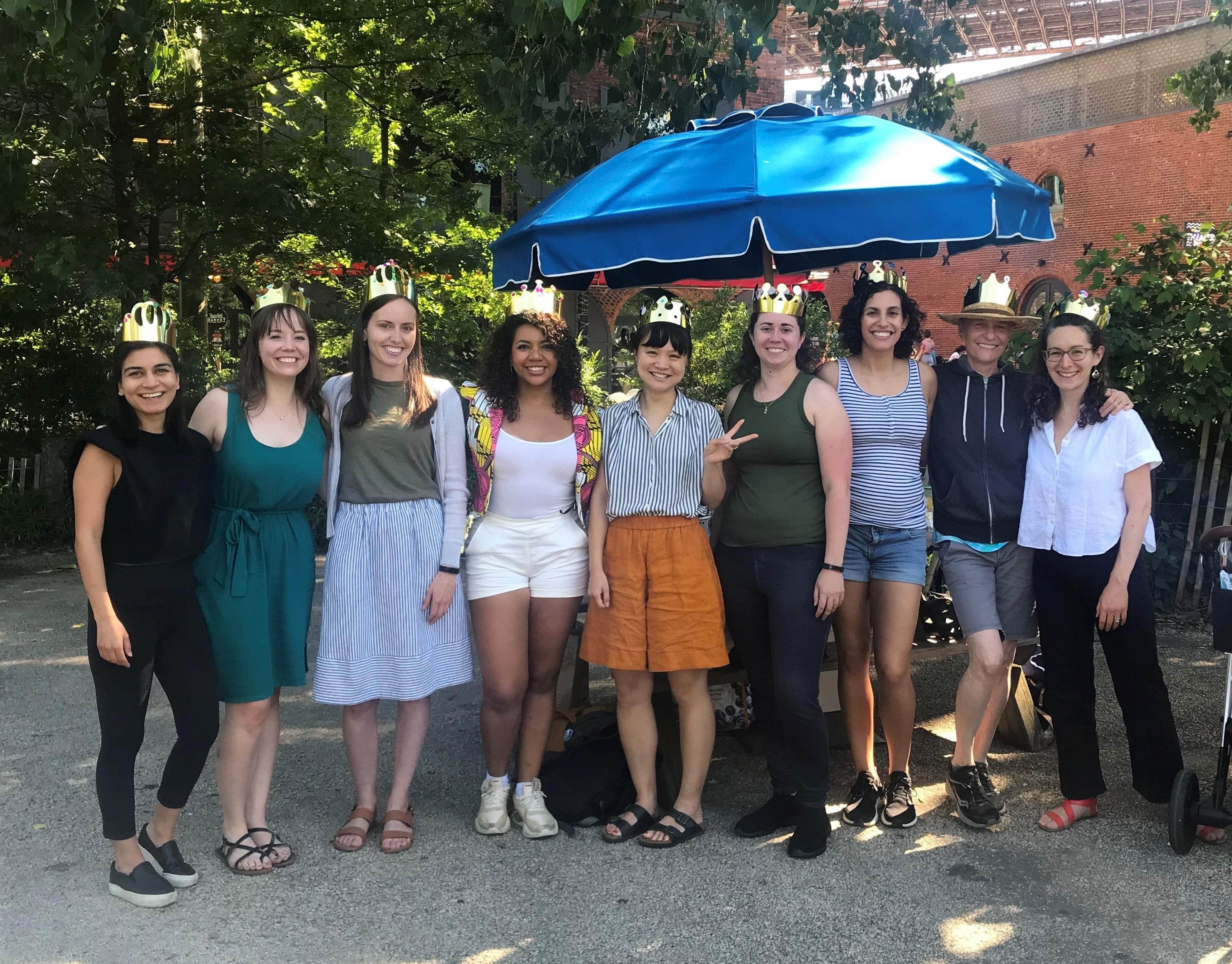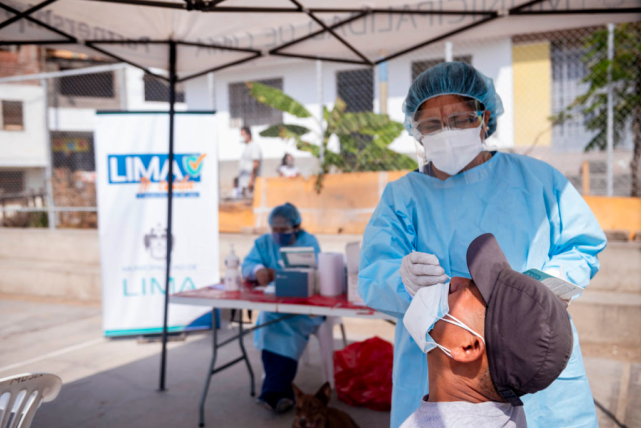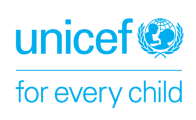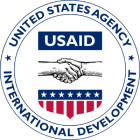TOBACCO POLICY WINS FOR 2021
1 Billion People in 9 Countries Covered by New, Stronger Tobacco Control Laws in 2021
Mexico and Ukraine passed national, comprehensive tobacco control legislation, while Indonesia raised taxes, Turkey increased the size of warnings on tobacco packaging and Brazil banned flavors and additives.
Tobacco kills half of regular users, with as many as 8 million dying each year—including 1 million nonsmokers exposed to secondhand smoke. Laws that ban smoking in public places protect nonsmokers and encourage smokers to quit. In 2021, the world saw historic progress on tobacco control in several countries, including landmark policy change in Mexico, Indonesia, and in Ukraine—whose government remained committed to its tobacco control work despite rising tensions with Russia. Mexico reformed its comprehensive national tobacco control law to ban smoking in all public places and forbid tobacco marketing. Ukraine expanded public smoke-free rules to include e-cigarette use, and Indonesia raised taxes on tobacco by up to 14% for some products.
Vital Strategies has worked on tobacco control with national and local governments in all of these countries for many years, and launched tested, strategically timed media campaigns to build support for these policies. In 2021, Vital also ran campaigns in China, India, Bangladesh, and the Philippines—all places where there were tobacco control policy victories in the midst of the pandemic.

